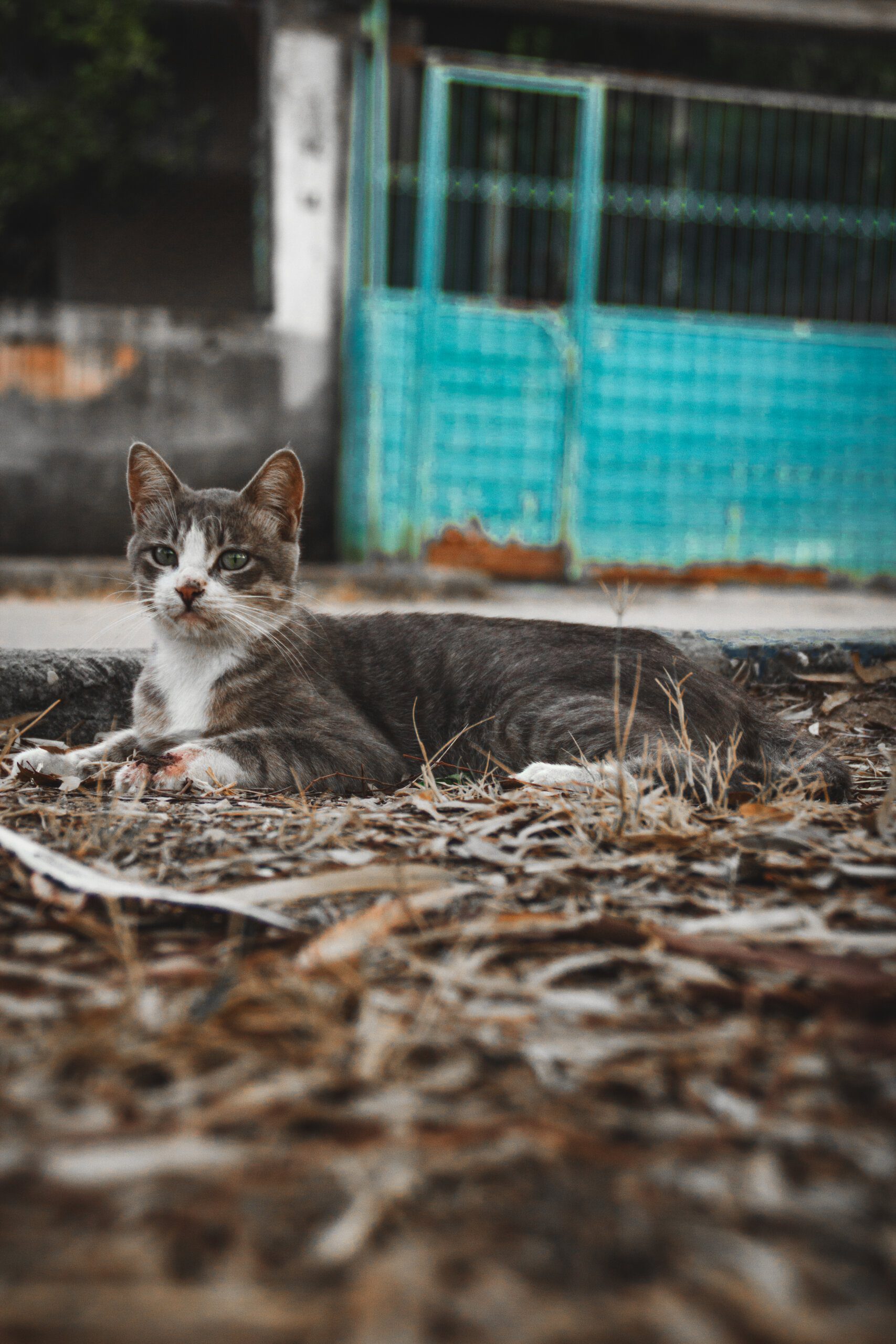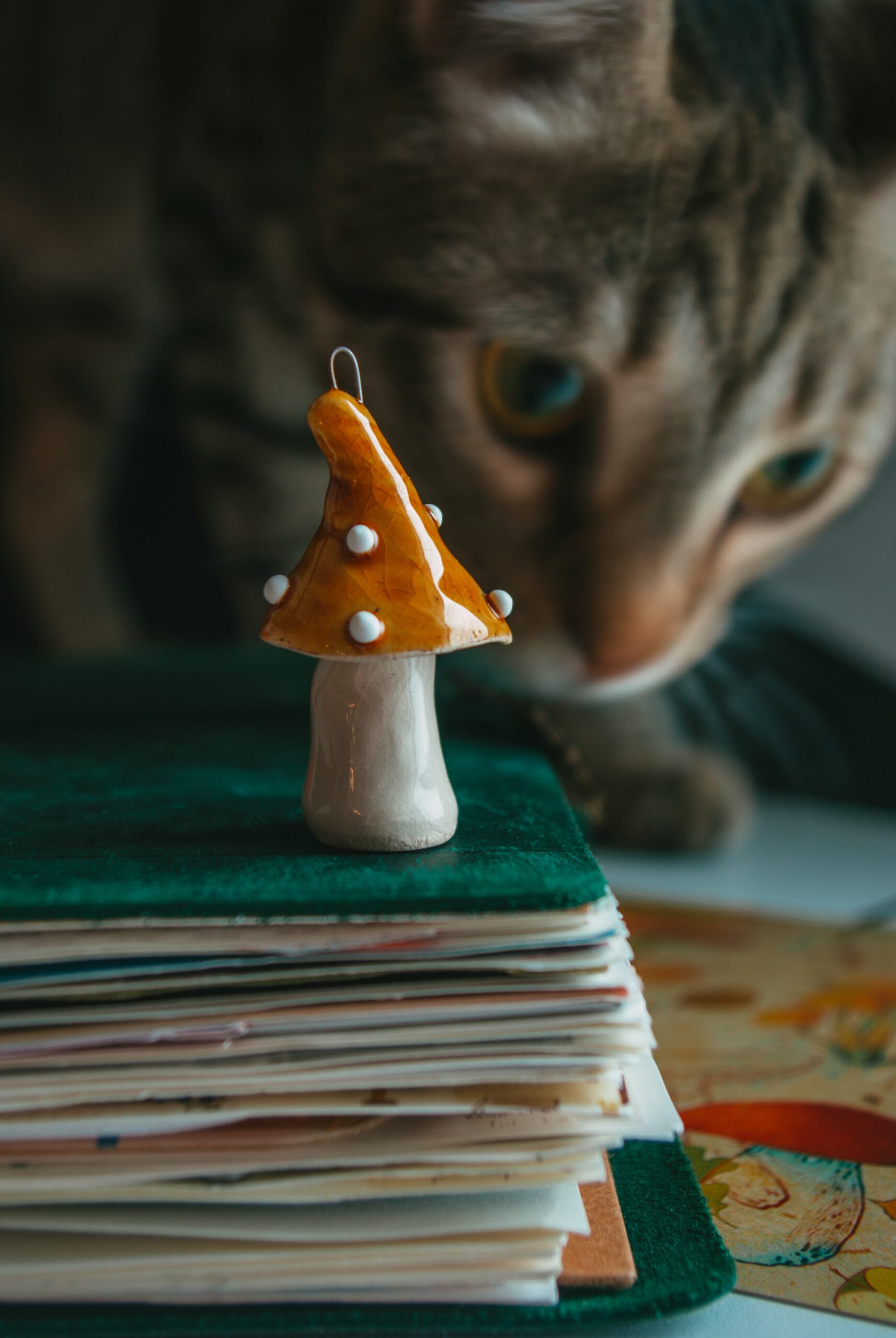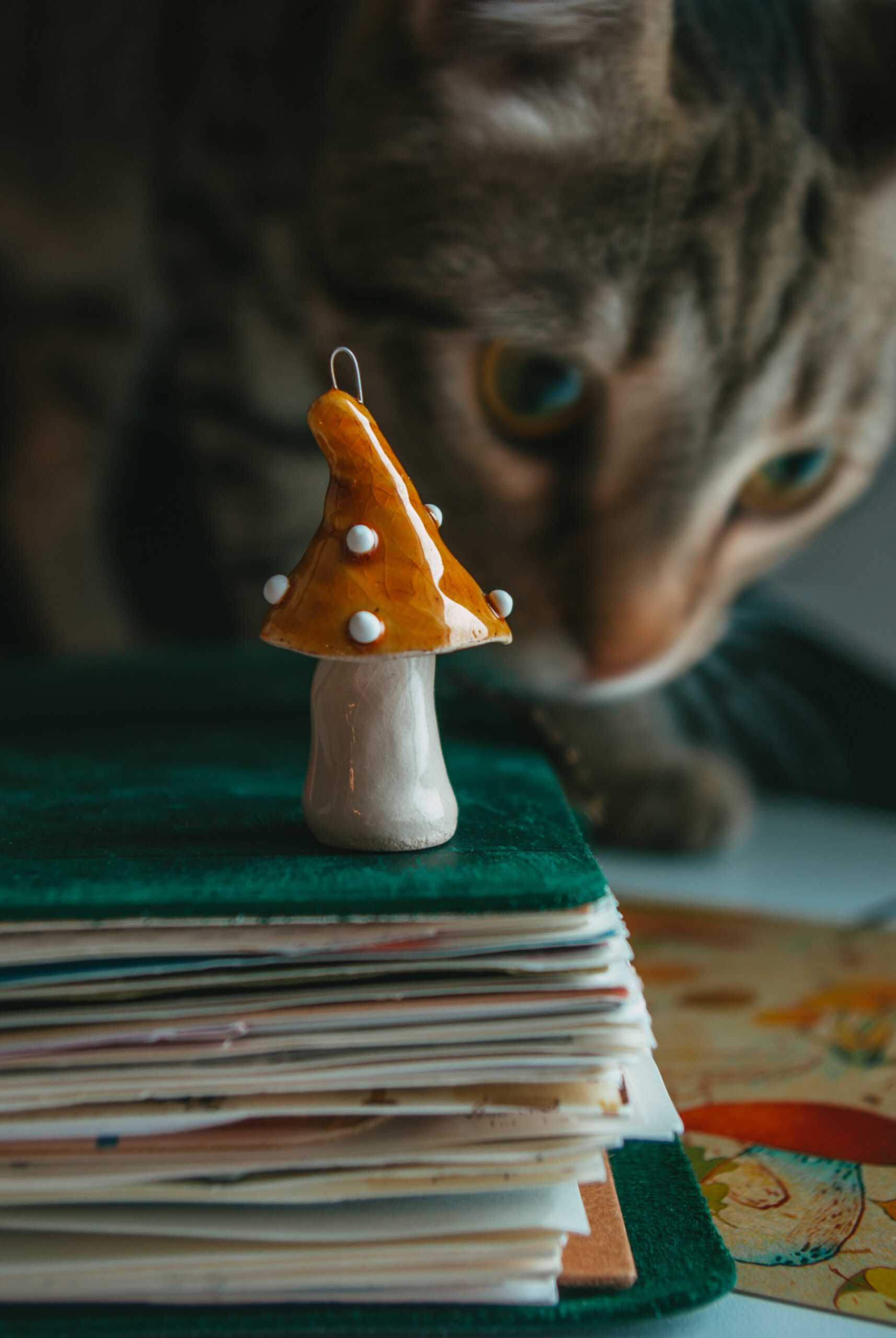So, you’re curious about whether or not you can have a pet capybara. These adorable creatures, native to South America, have been winning hearts all around the world with their friendly demeanors and unique characteristics. But before you dive into capybara ownership, there are some important factors to consider. From their size and habitat requirements to their social needs and legal restrictions, this article will delve into all the essential details you need to know before deciding if a pet capybara is the right fit for you. Get ready to embark on a fascinating journey into the world of these charming creatures and discover if you have what it takes to keep a capybara as a pet.
Capybara Background Information

1.1 Physical Characteristics
Capybaras are the largest rodents in the world, known for their adorable appearance and friendly demeanor. These fascinating creatures can grow up to 4 feet in length and weigh anywhere between 77 and 146 pounds. Despite their size, they have a compact and stout body, with short legs and a somewhat cylindrical shape. Their coats are coarse and can range in color from brown to reddish-brown, providing excellent camouflage in their natural habitats.
1.2 Natural Habitat
Native to South America, capybaras are primarily found in the grassy regions near bodies of water, such as marshes, swamps, and riverbanks. They are semiaquatic mammals and excellent swimmers, and their unique webbed feet and short ears make them well adapted to their aquatic lifestyle. Capybaras are social animals and prefer living in large groups, often forming herds of up to 40 individuals.
Legal Considerations
2.1 Laws and Regulations
Before considering a capybara as a pet, it is crucial to understand the legal implications. While they are not explicitly prohibited in many places, it is essential to check the local laws and regulations regarding exotic pet ownership. Some regions may require specific permits or licenses to keep a capybara legally.
2.2 Permit Requirements
If you find that owning a capybara is allowed in your area, it is crucial to inquire about any necessary permits or documentation required. Governments often have specific guidelines to ensure responsible ownership and the welfare of these unique animals. It is essential to obtain the necessary permits before bringing a capybara into your home.
Capybara as a Pet
3.1 Characteristics as a Pet
Capybaras possess several qualities that make them appealing as pets. They are intelligent, curious, and generally have a friendly disposition towards humans. With proper socialization and training, capybaras can form strong bonds with their human caregivers. They are also highly adaptable and can thrive in a variety of environments when provided with the necessary care.
3.2 Suitability for Ownership
While capybaras may be appealing as pets, they require unique considerations in terms of their housing, diet, social needs, and health care. Prospective owners should assess their ability to provide for these requirements before deciding to bring a capybara into their homes. Additionally, capybaras thrive on social interactions, so it is best to have more than one capybara or provide opportunities for them to socialize with other animals.
Size and Space Requirements

4.1 Indoor Space
As capybaras can grow to be quite large, it is essential to provide them with adequate indoor living space. A capybara enclosure should be spacious enough for the animal to move around comfortably. This typically means a room dedicated solely to the capybara with a soft, non-slippery floor surface. The room should also be secure, preventing any potential escape or injury.
4.2 Outdoor Space
Capybaras require access to outdoor areas to fulfill their natural instincts and exercise needs. A securely fenced yard or enclosure is necessary, with ample space for the capybara to roam, graze, and swim if possible. The outdoor area must have shade and shelter to protect the capybara from extreme weather conditions.
Social Needs
5.1 Need for Companionship
Capybaras are highly social animals that thrive in the company of others. It is best to have at least two capybaras together, as they will provide companionship and mental stimulation for each other. Without suitable socialization and companionship, capybaras may become stressed or exhibit behavioral problems.
5.2 Socialization with Humans
Early socialization with humans is crucial for capybaras to become comfortable and trusting in their human caretakers. Investing time and effort in building a positive relationship from the beginning will help them feel secure in their environment. This can involve gentle handling, positive reinforcement training, and spending quality time together.
5.3 Interaction with Other Pets
While capybaras can typically get along well with other animals, introducing them to household pets should be done with caution. Larger dogs may view capybaras as prey, while small pets such as rodents or birds may trigger their instinctual hunting behaviors. Supervised introductions and gradual acclimation are necessary to ensure everyone’s safety.
Diet and Nutrition
6.1 Herbivorous Diet
As herbivores, capybaras have specialized diets that consist mainly of grasses, aquatic plants, and foliage. They have complex digestive systems that require a high-fiber diet to stay healthy. Owners should provide a combination of fresh hay, vegetables, and commercially available pelleted food specially formulated for capybaras.

6.2 Specific Nutritional Requirements
Capybaras have specific nutritional needs to support their health and well-being. They require a diet rich in Vitamin C, as they are unable to produce it naturally. Fresh fruits, such as oranges and melons, can be offered as occasional treats. Additionally, providing clean drinking water and ensuring they have access to fresh, high-quality food is essential.
Health Care
7.1 Veterinary Care
Routine veterinary care is essential for the overall health of a pet capybara. Finding a veterinarian experienced in exotic animals, preferably one with specific knowledge of capybara care, is crucial. Regular check-ups, vaccinations, and preventive treatments for parasites are necessary to keep your capybara in optimal health.
7.2 Common Health Issues
Capybaras are generally hardy animals; however, they may be susceptible to certain health issues. Dental problems, heat stress, skin infections, and obesity are among the common health concerns that may arise. Close monitoring of their well-being, proper nutrition, and a sanitary living environment can help prevent or manage these issues.
7.3 Potential Zoonotic Diseases
While capybaras themselves do not commonly transmit zoonotic diseases to humans, it is still important to practice good hygiene and take necessary precautions. Owners should wash their hands thoroughly after handling capybaras or cleaning their enclosure. Regular veterinary check-ups and preventive measures can also help mitigate any potential risks.
Lifespan and Commitment
8.1 Average Lifespan
Capybaras have a relatively long lifespan for a rodent, typically living between 8 and 12 years in captivity. With proper care, a capybara can become a cherished member of the family for an extended period.
8.2 Long-Term Commitment
Owning a capybara is a long-term commitment that should not be taken lightly. These animals require dedicated care, attention, and resources for their entire lives. Prospective owners must consider their long-term commitment and ensure they can meet the needs of a capybara throughout its lifespan.
Cost Considerations
9.1 Initial Expenses
Acquiring a capybara as a pet may involve various initial expenses. These include purchasing or constructing a suitable enclosure, acquiring permits if necessary, and veterinary care for health screenings and vaccinations. It is crucial to factor in these expenses when considering capybara ownership.
9.2 Ongoing Costs
Capybaras have ongoing costs associated with their care. These can include high-quality food, regular veterinary check-ups, vaccinations, parasite prevention, and maintaining a secure enclosure. Prospective owners should assess their financial capabilities to ensure they can meet these ongoing expenses.
Ethical Considerations
10.1 Conservation Status
Although capybaras are not endangered, they play essential ecological roles in their native habitats. It is crucial to ensure that captive-bred capybaras are obtained from reputable breeders who prioritize ethical practices and conservation efforts. Responsible ownership includes supporting conservation initiatives and avoiding animals sourced from illegal or unsustainable origins.
10.2 Captive Breeding Programs
Captive breeding programs contribute to the preservation of capybara populations and biodiversity. Supporting these programs not only ensures that capybaras in captivity are of good genetic stock but also helps conserve their wild counterparts. By obtaining capybaras from reputable breeders involved in conservation efforts, owners can make a positive impact on the species and its future.
In conclusion, owning a capybara as a pet can be a fulfilling experience for those who have the knowledge and resources to meet their unique needs. With proper considerations, including physical space, social interactions, nutrition, and healthcare, capybaras can thrive in a domestic environment. However, it is crucial to approach capybara ownership responsibly, considering the legal, ethical, and long-term commitments involved. By providing a loving and suitable home, capybaras can be delightful companions and fascinating additions to your family.



